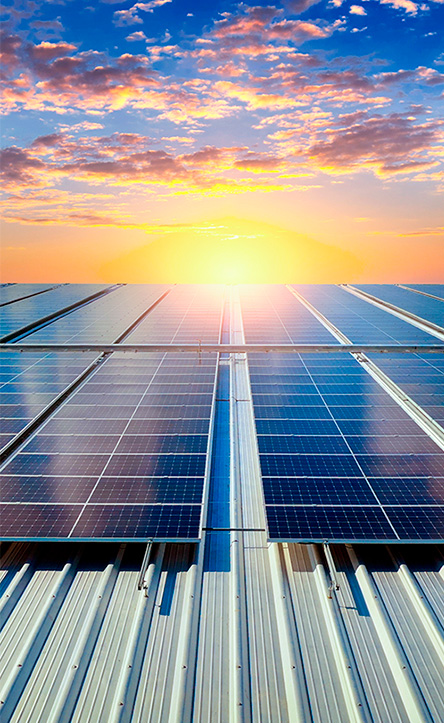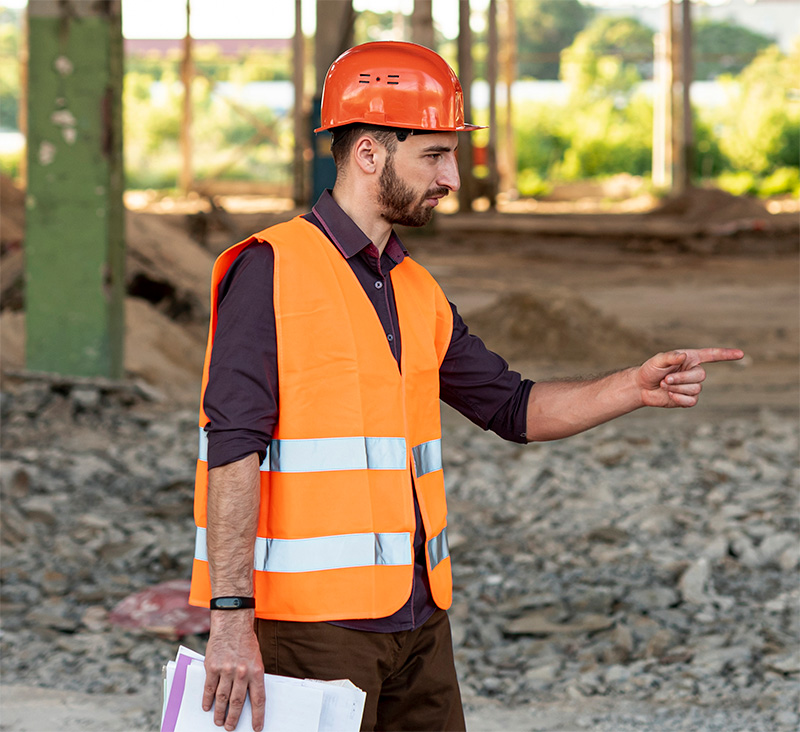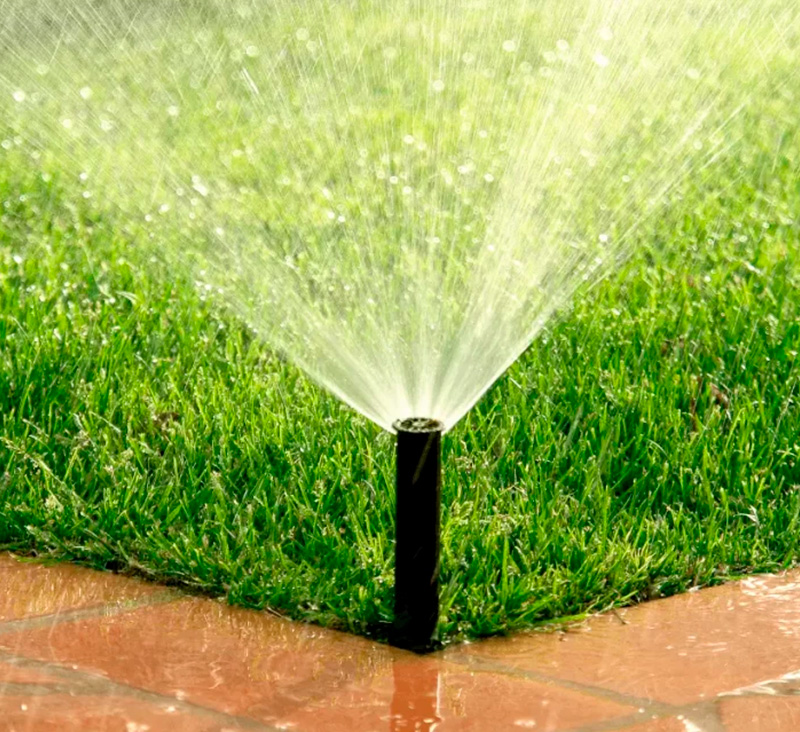Environmental
ESG practices focused on the environment are essential for reducing carbon footprints, optimizing resources, and promoting sustainable solutions. This ensures not only operational efficiency but also environmental preservation for future generations.
The environmental planning of the complex involves an environmental feasibility study, focusing on identifying and mitigating potential impacts on the site. To ensure compliance with the highest environmental standards, the project adheres to LEED, BREEAM, and WELL certifications. Additionally, the infrastructure includes a Sewage Treatment Plant (STP) for water reuse, aligning with sustainable practices and efficient water resource management.
Each certification obtained is a testament to our commitment to ESG, ensuring that all operations within the complex are carried out responsibly, safely, and efficiently, benefiting employees, visitors, and the environment.

Sustainable Materials
- Green Concrete: We will use concrete with a lower carbon footprint, such as recycled concrete or concrete that incorporates recycled materials.
- Recycled Steel: We opt for steel with a high recycled content produced through low-emission processes.
- Certified Wood: We will use wood from FSC-certified forests.
- Sustainable Thermal and Acoustic Insulation: We will utilize insulation materials made from recycled or renewable resources.
- Eco-Friendly Paints and Coatings: We choose paints and coatings with low levels of Volatile Organic Compounds (VOCs).
Energy Efficiency and Sustainable Technologies
- Solar Energy: In partnership with Fortlev Solar, we will install a photovoltaic plant in the complex to generate renewable energy for all areas.
- LED Lighting: We will use LED lighting to reduce energy consumption and enhance efficiency.
- Water Systems: We will implement rainwater harvesting systems and gray water reuse.
- Automation and Monitoring: : We will use automation systems to monitor and optimize energy and water usage.
- Natural Ventilation: The complex is designed to maximize natural ventilation, reducing the need for air conditioning systems.
- Permeable Pavements: We will use permeable pavements in external areas to reduce stormwater runoff.
- High-Performance Windows: We will install high-efficiency windows to improve thermal insulation.


Waste Management
- Construction Waste Reduction: We adopt modular and prefabricated construction practices to minimize waste.
- Composting: We have established a composting system for organic waste.

Water Conservation
- Native Landscaping: We will use native plants to reduce the need for irrigation.
- Low-Consumption Fixtures: We will install low-flow toilets and faucets.
- Smart Irrigation Systems: We utilize irrigation systems that automatically adjust water usage based on weather conditions.
Also check out:
Social
This aspect focuses on responsibility toward workers in the supply chain. It involves ensuring the fulfillment of human rights, improving working conditions, and ensuring safety.
Governance
This aspect is directly connected to transparency, ethics, and corporate responsibility, as well as ensuring effective internal control systems and management practices that promote responsible decision-making.
The most sustainable logistics complex in Brazil
- Mestre Álvaro Bypass Road
Private Log Mestre Alvaro I LTDA
